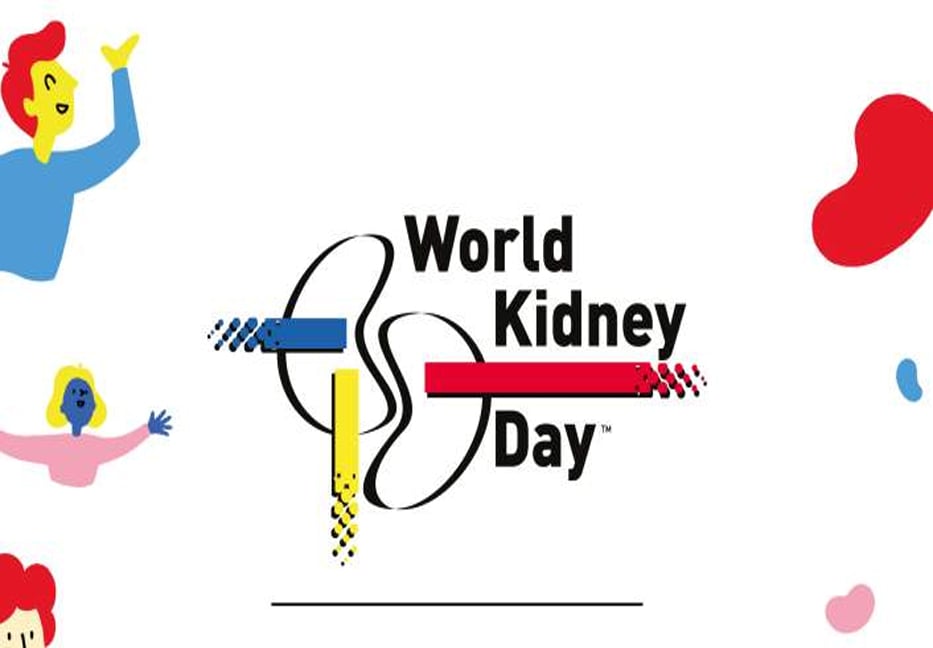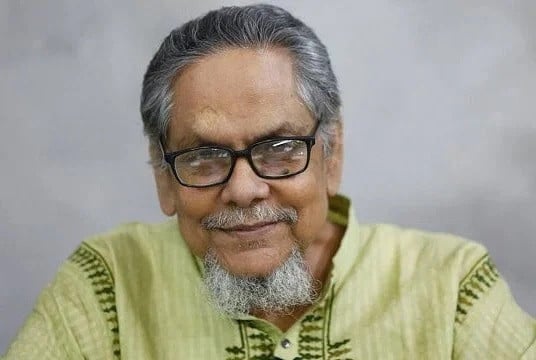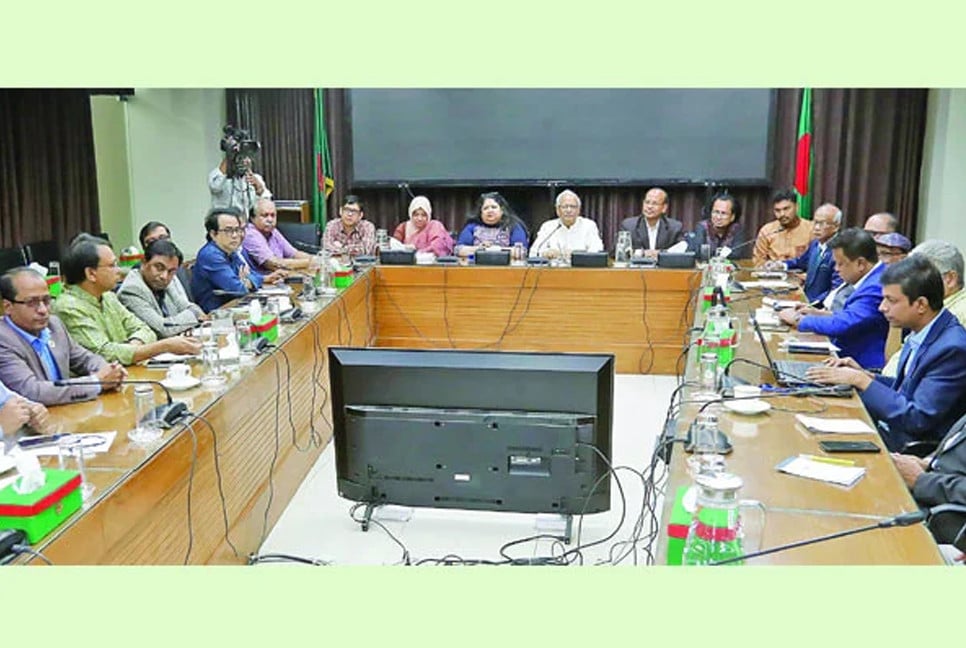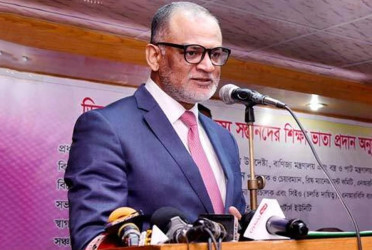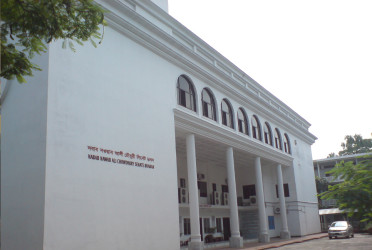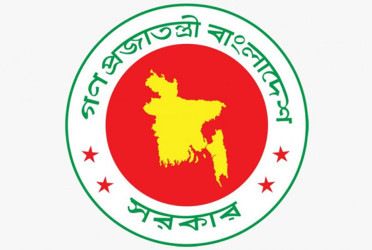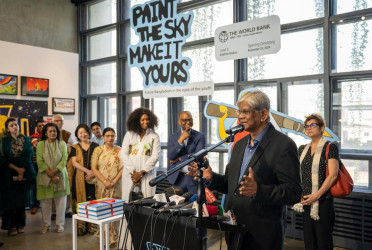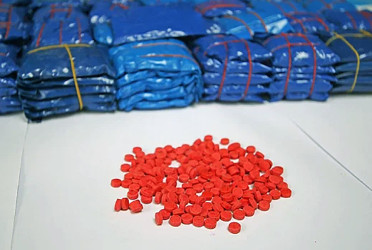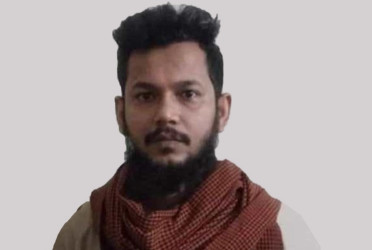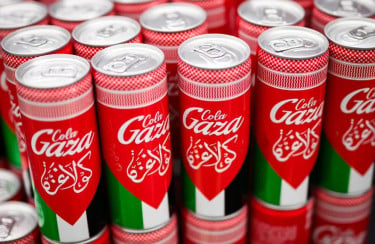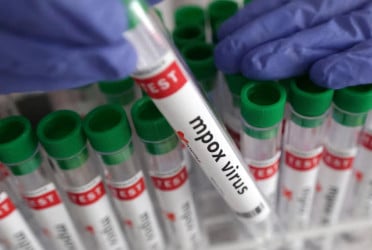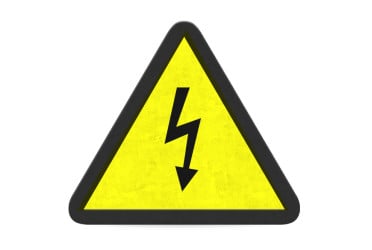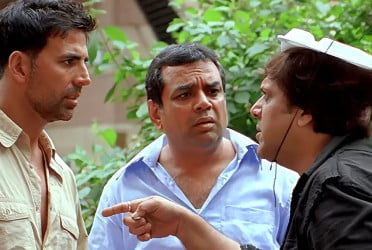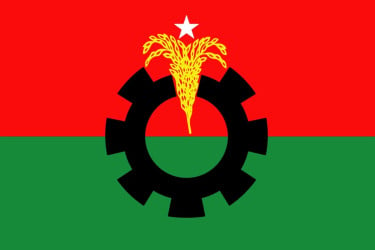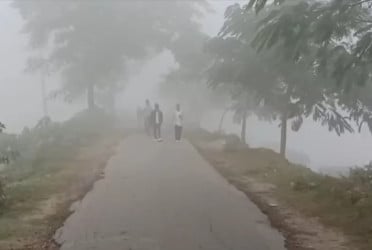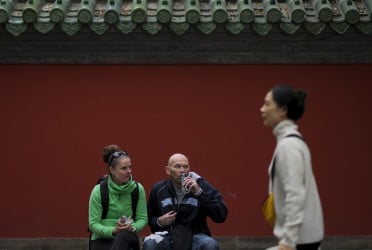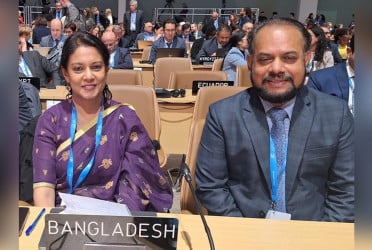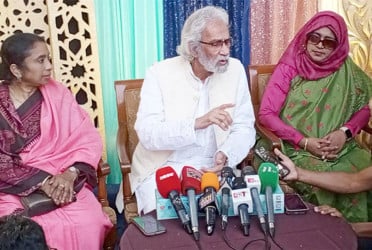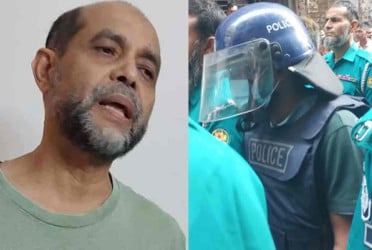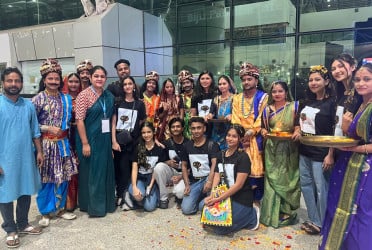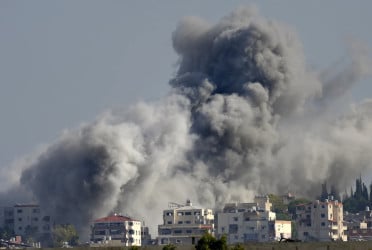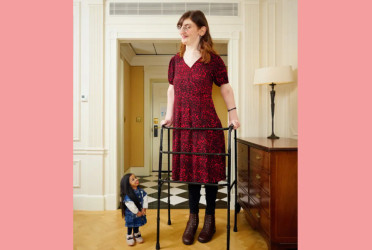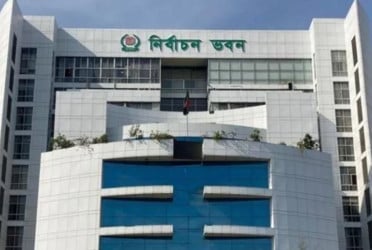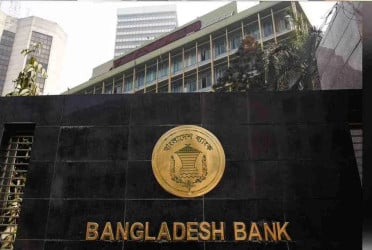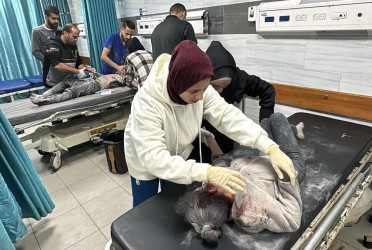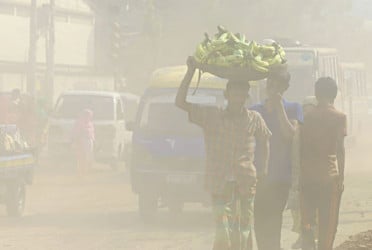Each year around 2 crore people have becoming victim of various kidney diseases. Among them, around 40,000 people suffered from kidney dysfunctions. And in such a situation, the country is observing the ‘World Kidney Day.’ The theme of this year’s ‘World Kidney Day’ is "Kidney Health for All – Preparing for the unexpected, supporting the vulnerable."
The people of the country have been suffering from various kidney diseases and getting trouble in having proper and timely treatment. For example, Kamal Hossain, a private-service holder, has been suffering from kidney diseases for two years. He has to take dialysis two times a week and are in tension to managing the money for taking treatment. He wanted to transplant kidney as a permanent solution; however, also faced problem in doing so.
He said, “At first, I’d severe difficulties in finding out the right kidney. Then, the kidney of one of my close relatives matched with me, but I can’t manage the money needed for transplantation. The cost of doing it in the country is Tk 12, 00,000, while in abroad it’s Tk 35, 00,000. The hospitals only give an estimation of costs associated just with kidney transplantation. Nevertheless, they don’t give the estimation of medicines, remedies, treatments, which costs almost Tk 5, 00,000.
Let’s look at another example. Private university student Rahim Sheikh said, 'I have been suffering from kidney disease for five years. Both my kidneys have failed. I do dialysis three days per week. My mother wants to donate me a kidney. But we cannot afford the cost of kidney donation surgery. That's why my kidney transplant is now on hold.'' Recently, there has been a glimmer of hope in posthumous kidney transplants. A young woman named Sarah Islam donated kidney and cornea.
According to the information of Bangladesh Renal Foundation, each year around 85 crore people become victim of kidney diseases, among which around 24 lakh people die. In country, successful kidney transplantation services are available in Bangabandhu Sheikh Mujib Medical University (BSMMU), CKD and Bangladesh Kidney
Foundation.
Dr Md Habibur Rahman, professor of Urology department of BSMMU, said, “The main function of kidney remains active if dialysis is done. But, to activate all the functions, there’s no alternative to transplantation. In our country there’s not much concern and media coverage on transplantation. Then, the problem of not having sufficient donors comes. So, to make the transplantation widely successful, we need support from everyone.”
He said, “Most people of our country take the donor to abroad for transplantation, which is affecting the country.”
Former President of Bangladesh Medical Association (BMA) Professor Dr. Rashid-e-Mahbub said, "No country accepts the sale of kidneys from the point of view of morality. Even in the developed world its voluntary. Availability of kidney is the first requirement for kidney transplant. Transplantation becomes difficult if kidneys are not available. But they don't see much morality when taking a donor abroad. They do the transplant when they get a donor and money. Postmortem kidney transplantation has recently started in the country. It should be promoted positively along with creating awareness.
Professor of Kidney Institute and Hospital Dr. Shamim Ahmed said transplant is more important than dialysis. A patient can live a healthy life if the transplant is successful. Many private enterprises are now setting up dialysis centers.
Ebadur Rahman, professor of Nephrology Department of Evercare Hospital, said, 'Those who are taking dialysis in the country are only 20% of the total kidney patients. The rest of the patients remain out of treatment. Another 50 percent of them are not able to continue treatment for more than four to six months as there is no government grant in this purpose. The whole cost has to be borne by the patient and his family. Patients who are not coming for treatment may be dying.”
He said, "Five percent of the patients are undergoing kidney transplant. They are living a good life. The main problem in our kidney treatment is economic, because patients can't afford it. It’s very expensive treatment, indeed.”
@The report was published in Bengali on print and online versions of The Bangladesh Pratidin on March 9 and rewritten in English by Lutful Hoque

